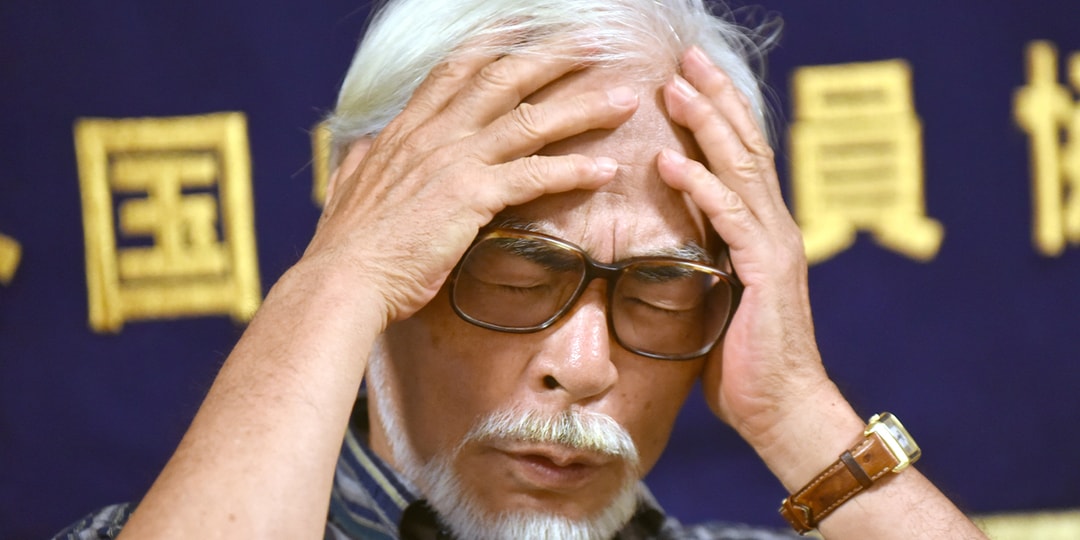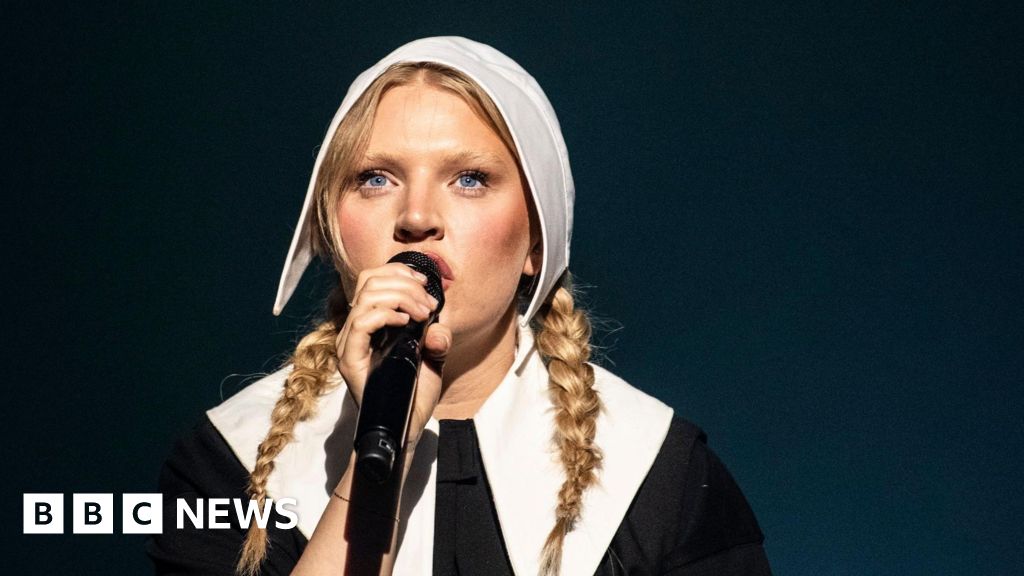Mario Vargas Llosa: A Literary Titan of Latin America Passes Away

Mario Vargas Llosa, the renowned Peruvian author and Nobel laureate, has passed away at the age of 89, leaving behind a profound legacy in Latin American literature and culture. Known for his fearless approach to controversial topics, Vargas Llosa authored over 50 works that have been translated into numerous languages, solidifying his place as a global literary icon. He was awarded the Nobel Prize for Literature in 2010, with the Nobel Committee hailing him as a "divinely gifted storyteller".
Vargas Llosa's literary career was characterized by his vivid portrayals of authoritarianism, violence, and machismo within society. His powerful narratives were instrumental in the Latin American Boom, a literary movement during the 1960s and 1970s that drew international attention to the diverse voices emerging from the region. Initially sympathetic to leftist ideologies, he eventually became disillusioned with revolutionary movements in Latin America, culminating in his candidacy for the Peruvian presidency in 1990 under a center-right party, which he lost.
Born in 1936 in Arequipa, Peru, Vargas Llosa's early life was marked by upheaval when his parents separated shortly after his birth. He spent part of his childhood in Cochabamba, Bolivia, before returning to Peru at the age of 10. His literary journey began at a young age; by 16, he had penned his first play, The Escape of the Inca. Following his graduation from the University of Lima, he furthered his studies in Spain and later settled in Paris.
Vargas Llosa's first novel, The Time of the Hero, published in 1962, provided a scathing critique of corruption and abuse within a Peruvian military academy. Its release came during a time when the military held considerable power in the nation, inciting backlash from military officials, including accusations that Vargas Llosa possessed a "degenerate mind". The novel was inspired by his own experiences at the Leoncio Prado Military Academy, which he later described as "an extremely traumatic experience". Vargas Llosa's portrayal of his country as a violent society rife with social and racial tensions was groundbreaking, and the school even went as far as to burn 1,000 copies of his novel in protest.
His subsequent novel, The Green House (1966), further solidified his reputation. Set against the backdrop of the Peruvian desert and jungle, it explored the complex relationships between pimps, missionaries, and soldiers around a brothel. Both of these early works were pivotal in establishing the Latin American Boom, marked by innovative storytelling and politically charged themes that mirrored the continent's struggles.
Among the luminaries of this movement, Vargas Llosa shared a complex friendship with Colombian author Gabriel Garca Mrquez, who was a key figure in the magical realism genre. Their relationship turned sour in 1976 when Vargas Llosa infamously punched Garca Mrquez in a Mexican cinema. The fallout from this incident stemmed from differing perspectives on politics, particularly regarding Cuba and its communist regime. After decades of silence, the two reconciled in 2007. Just three years later, Vargas Llosa received the Nobel Prize, becoming the first South American author to win the award since Garca Mrquez.
Vargas Llosa's narratives often mirrored the tumultuous political landscape of Latin America during the latter half of the 20th century. His novel Conversations in the Cathedral (1969) scrutinized the oppressive dictatorship of Manuel Odra in Peru from 1948 to 1956, revealing how it devastated ordinary lives. Initially, Vargas Llosa supported Fidel Castro, but his disillusionment grew following the "Padilla Affair," which involved the imprisonment of poet Heberto Padilla for criticizing the Cuban regime. In 1983, he chaired a commission investigating the Uchuraccay massacre, where eight journalists were brutally murdered in the Andes. The official report backed the government's narrative, drawing criticism from those who believed the truth was obscured.
In 1990, Vargas Llosa ran for president with the center-right Frente Democrtico coalition, promoting a neoliberal agenda. Despite losing to Alberto Fujimori, who later ruled Peru for a decade, Vargas Llosa continued to address issues of state terror and power abuses through his literature. His novel The Feast of the Goat (2000) spotlighted the regime of Dominican Republic dictator Rafael Trujillo and was lauded by the Nobel Committee for its exploration of power dynamics and personal resistance.
Throughout his prolific career, many of Vargas Llosa's works were adapted for film, including Aunt Julia and the Scriptwriter, which was transformed into the Hollywood movie Tune in Tomorrow. His later writings delved into various figures, such as Irish nationalist Roger Casement in The Dream of the Celt (2012). In his later years, Vargas Llosa divided his time between Peru and Madrid, where he remained an influential voice in literature and politics.
As we reflect on his life and contributions, Mario Vargas Llosa leaves an indelible mark on the world of literature, paving the way for future generations of writers to explore the intricate tapestry of Latin American society.





























